In a country where the ruling party has been in power for 64 of the last 68 years, leading the largest opposition party is not a job for the fainthearted.
Since the Liberal Democratic Party regained control of the levers of power 11 years ago, many opposition lawmakers have tried their hand at the daunting task of convincing the public that there is a credible alternative — yet, for various reasons, they all failed to deliver.
Now that the LDP finds itself in the middle of its deepest crisis in over a decade — a funding scandal that has plunged Cabinet approval ratings to their lowest in 10 years — a golden opportunity has unexpectedly presented itself.




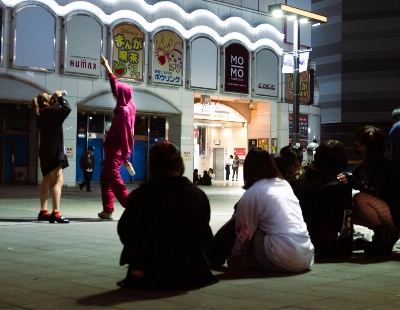
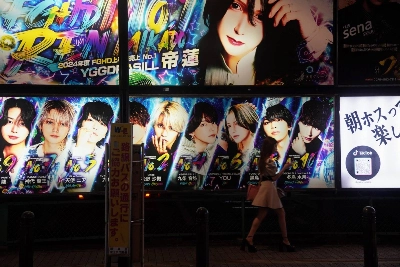
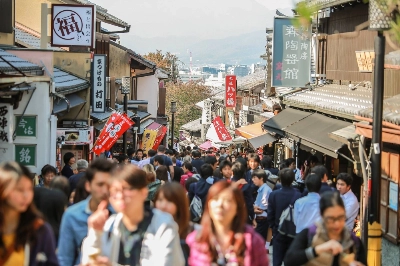
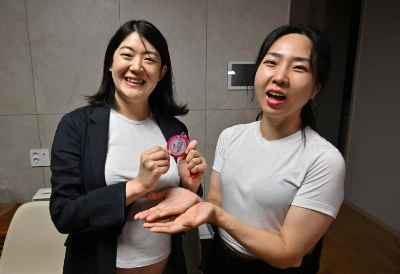
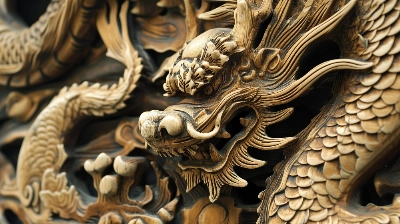










With your current subscription plan you can comment on stories. However, before writing your first comment, please create a display name in the Profile section of your subscriber account page.